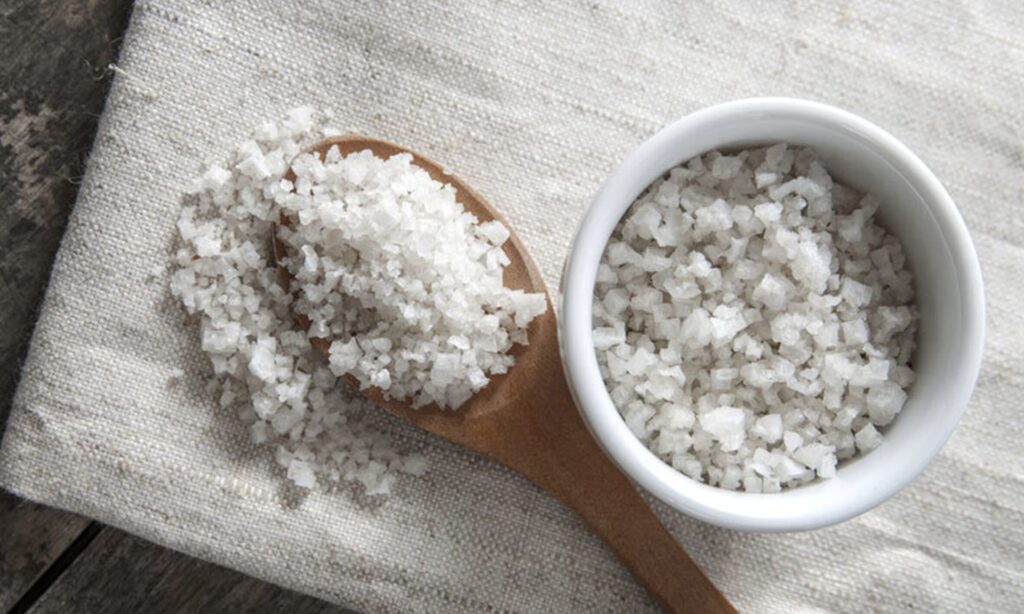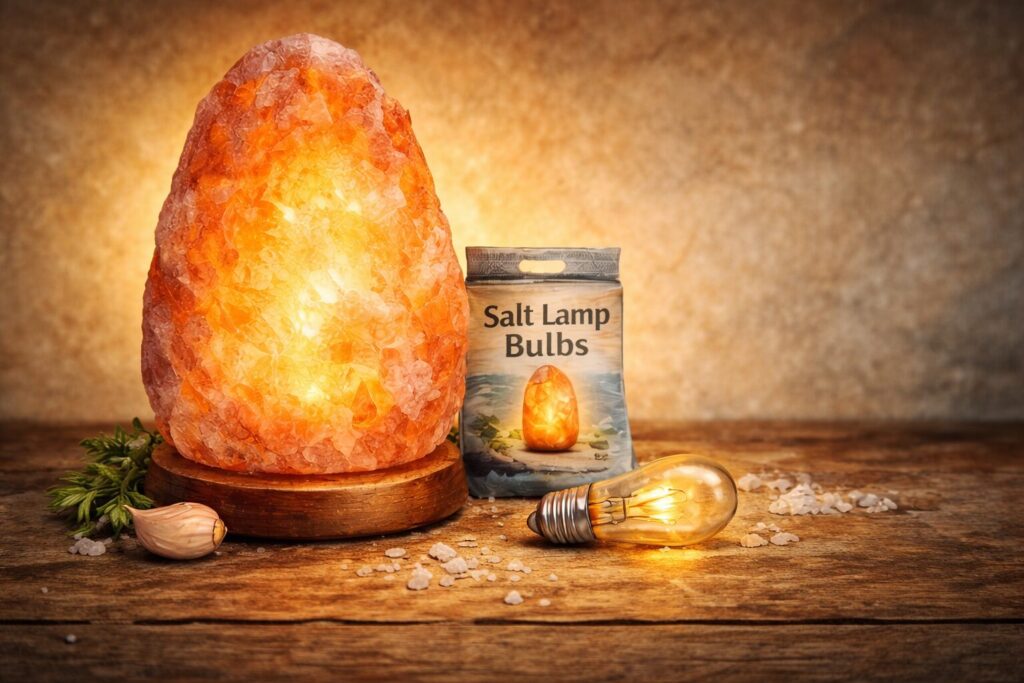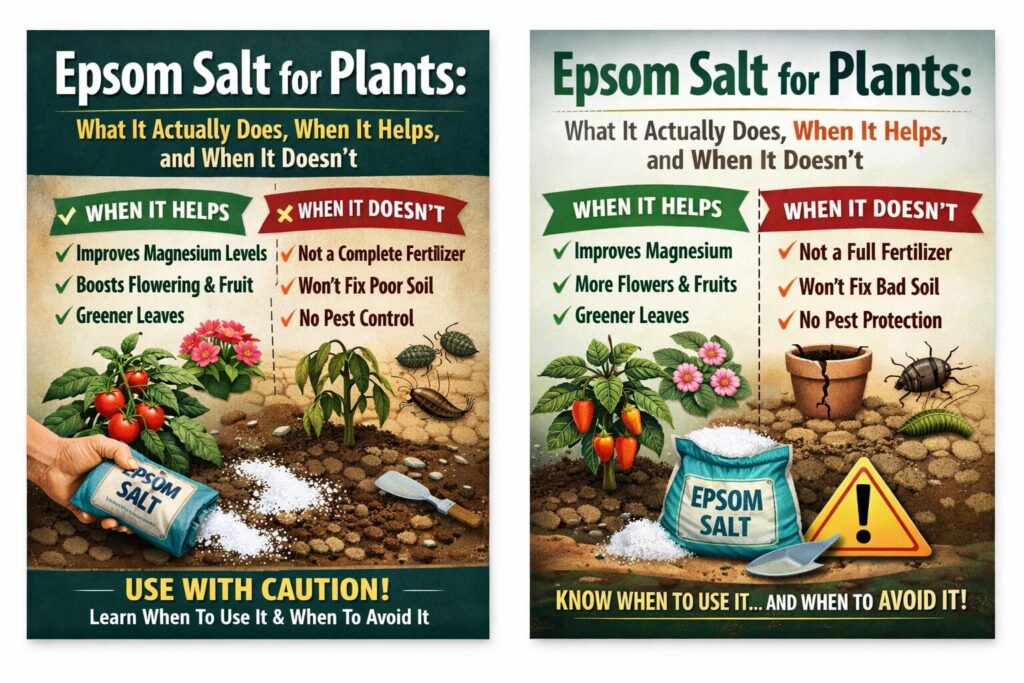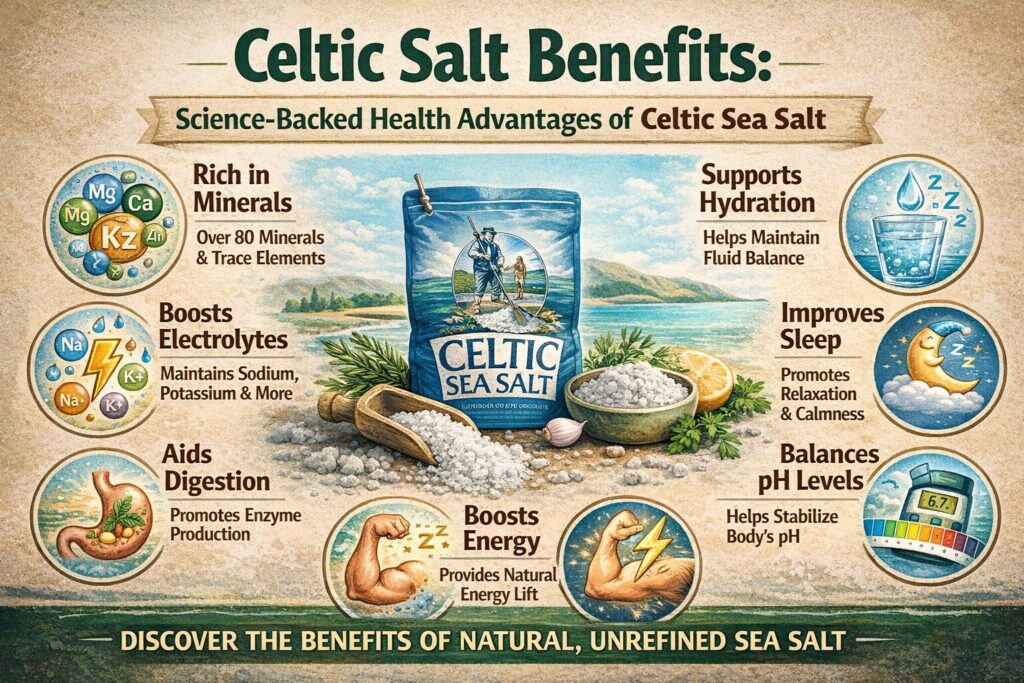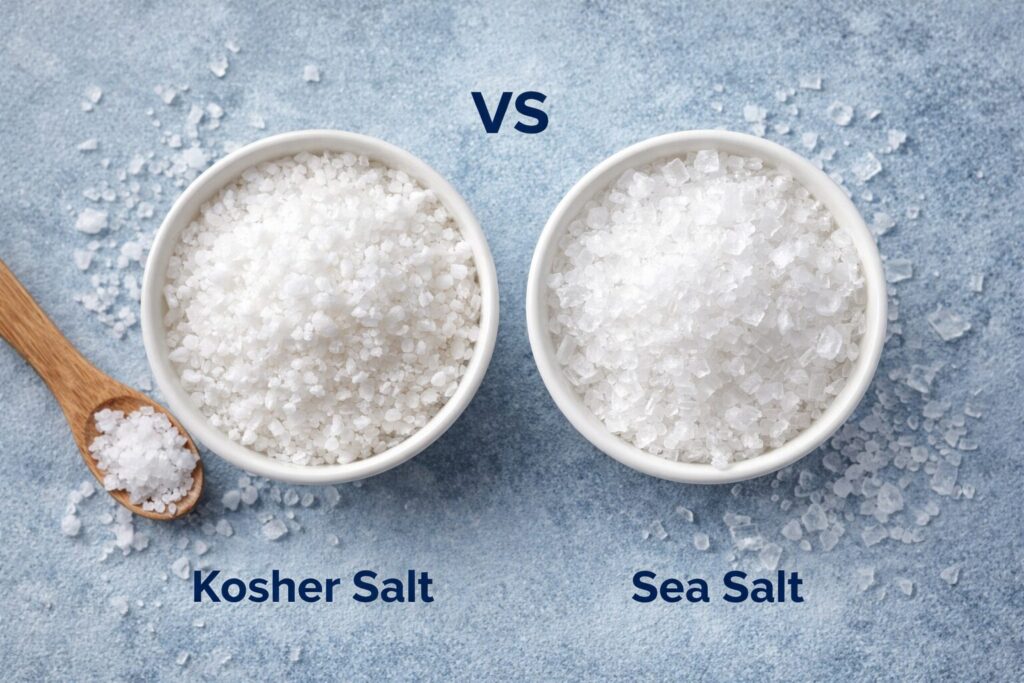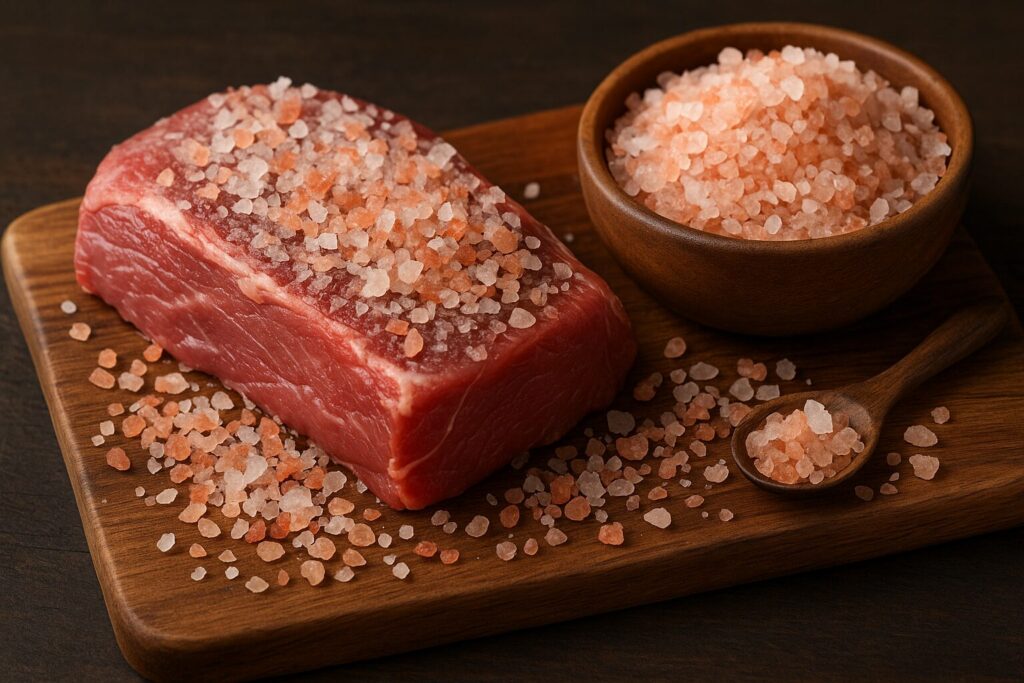Salt is an essential mineral that plays a crucial role in our overall health. However, not all salts are created equal. Among the most popular varieties are Celtic salt and sea salt. Many people wonder: Is Celtic salt the same as sea salt? Or, what is the difference between Celtic salt and sea salt? In this article, we will compare Celtic salt vs sea salt in terms of origin, mineral content, health benefits, and culinary uses.
What is Celtic Salt?
Celtic salt, also known as Sel Gris (French for “gray salt”), originates from the coastal regions of Brittany, France. This type of salt is harvested through traditional methods using wooden rakes, allowing it to retain its natural moisture and mineral composition. The distinctive gray color of Celtic salt comes from its high mineral content, which includes magnesium, calcium, and potassium.
What is Sea Salt?
Sea salt is obtained by evaporating seawater. Unlike refined table salt, sea salt undergoes minimal processing, which helps it retain some unique minerals beneficial to the body. Depending on its source, sea salt can vary in texture, color, and mineral composition. Many people assume that Celtic salt and sea salt are the same, but key differences set them apart.
Difference Between Celtic Salt and Sea Salt
While both salts come from the ocean, the primary differences lie in their harvesting methods, mineral content, texture, and moisture levels.
| Feature | Celtic Salt | Sea Salt |
|---|---|---|
| Source | Brittany, France | Various coastal areas worldwide |
| Color | Gray | White or light gray |
| Texture | Coarse, moist | Fine to coarse, dry |
| Processing | Hand-harvested, unrefined | Evaporated, minimally processed |
| Mineral Content | High, includes magnesium, calcium, potassium | Moderate, varies by region |
| Moisture | High | Low to moderate |
Is Celtic Salt the Same as Sea Salt?
While Celtic salt is a type of sea salt, it is not the same as the generic sea salt you find in stores. The key distinction is that Celtic salt retains higher moisture and mineral content due to its natural harvesting methods. In contrast, common sea salt is often dried and processed, which can remove some of its beneficial minerals.
Health Benefits of Celtic Salt vs Sea Salt
Both salts offer health benefits compared to refined table salt, but Celtic salt has a slight edge due to its higher mineral content and lower sodium concentration.
Health Benefits of Celtic Salt
- Rich in Unique Minerals – Contains over 80 trace minerals, including magnesium, which supports muscle and nerve function.
- Helps Maintain Hydration – The moisture content and electrolytes help retain water in the body, preventing dehydration.
- Alkalizing Properties – Balances pH levels and supports digestion.
- Supports Adrenal Function – Provides essential minerals that aid stress response and energy production.
Health Benefits of Sea Salt
- Good Source of Minerals – While not as mineral-rich as Celtic salt, sea salt still provides beneficial nutrients like potassium and calcium.
- Improves Skin Health – Sea salt is commonly used in skincare products to exfoliate and cleanse the skin.
- Aids in Digestion – Stimulates enzyme production for better nutrient absorption.
Culinary Uses of Celtic Salt vs Sea Salt
Both salts enhance food flavor, but their texture and moisture content affect how they are used in cooking.
Celtic Salt in Cooking
- Best used as a finishing salt due to its coarse and moist texture.
- Adds depth of flavor to meats, seafood, and vegetables.
- Works well in fermenting foods due to its mineral content.
Sea Salt in Cooking
- More versatile for baking and cooking.
- Works well in seasoning blends and rubs.
- Used in making salted caramel and chocolate desserts.
Which One Should You Choose?
The choice between Celtic salt vs sea salt depends on personal preference and nutritional needs.
- If you are looking for a salt rich in minerals and moisture, Celtic salt is the best option.
- If you prefer a versatile, dry-textured salt for everyday cooking, sea salt is a great choice.
Both Celtic salt and sea salt offer unique minerals and health benefits, making them superior alternatives to refined table salt. Understanding their differences can help you make an informed choice based on your health goals and culinary preferences. So next time you reach for salt, consider whether Celtic salt or sea salt is the better fit for your needs!


